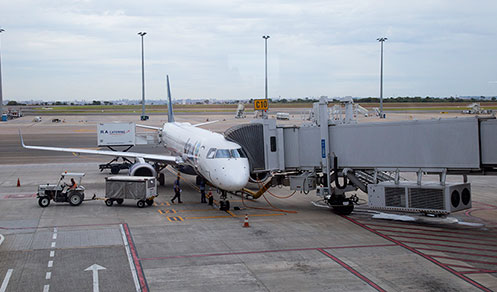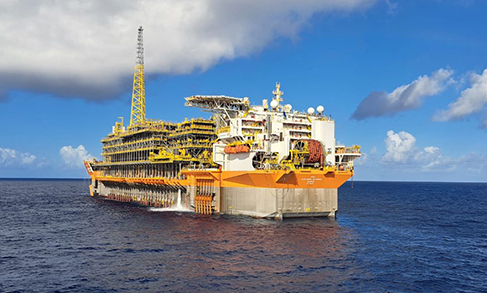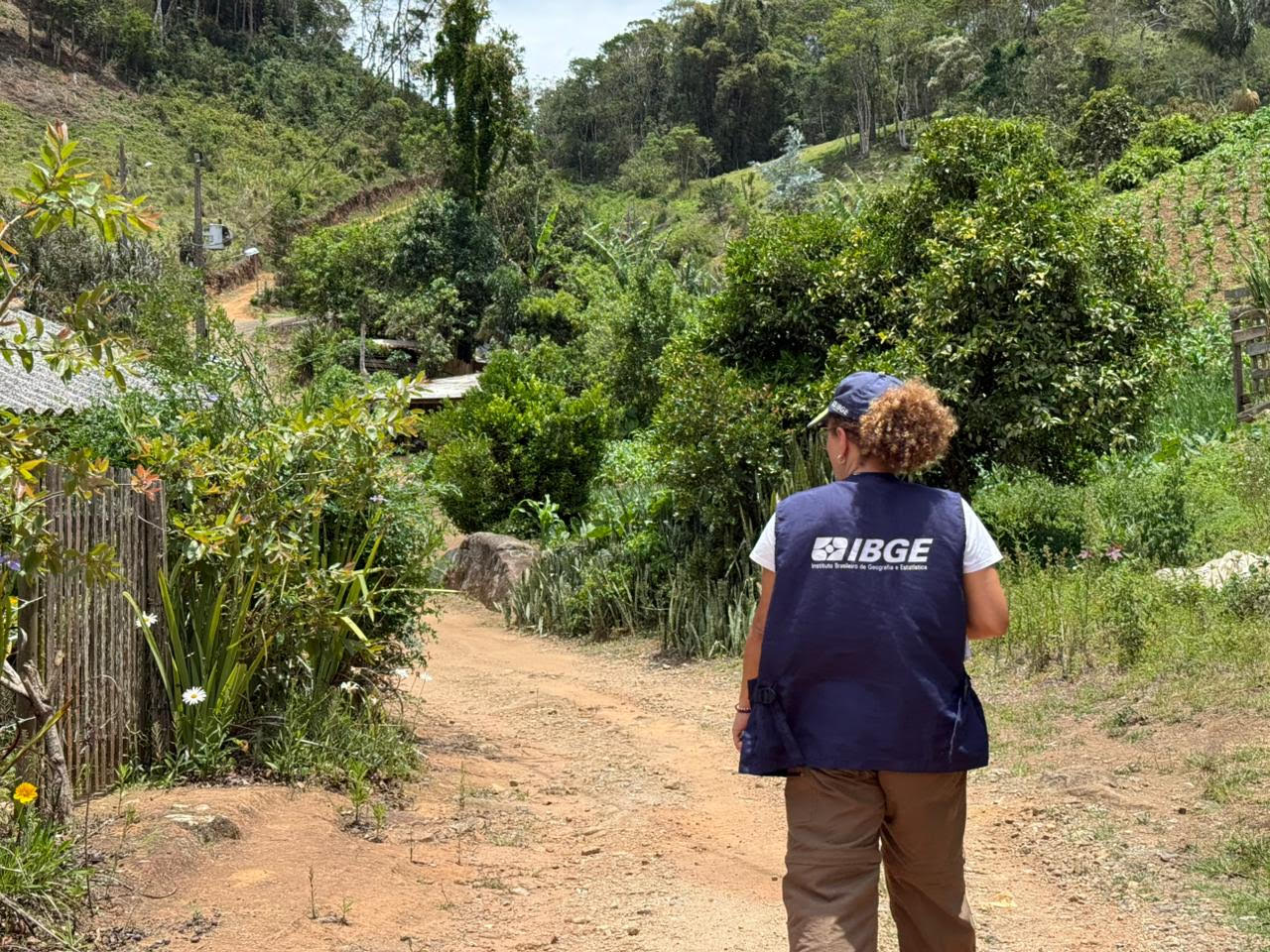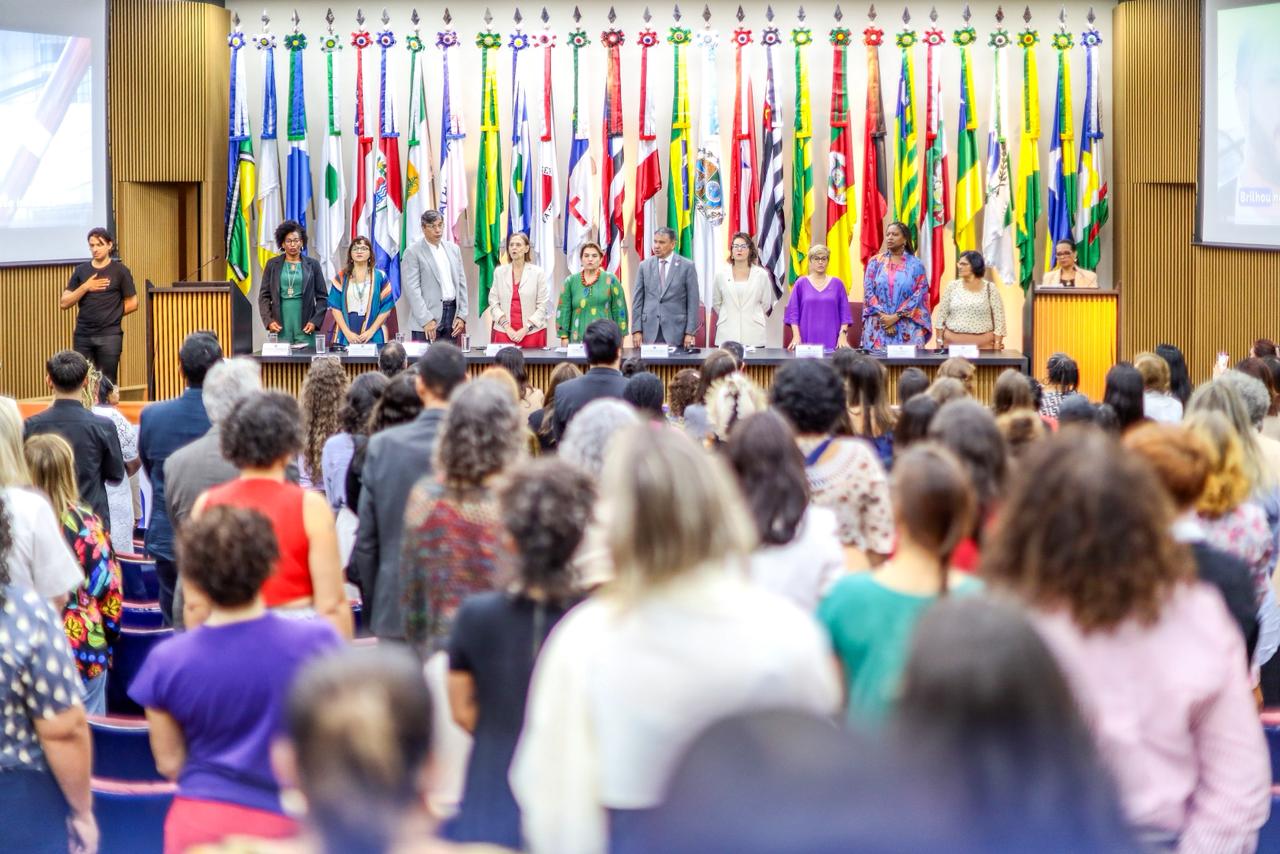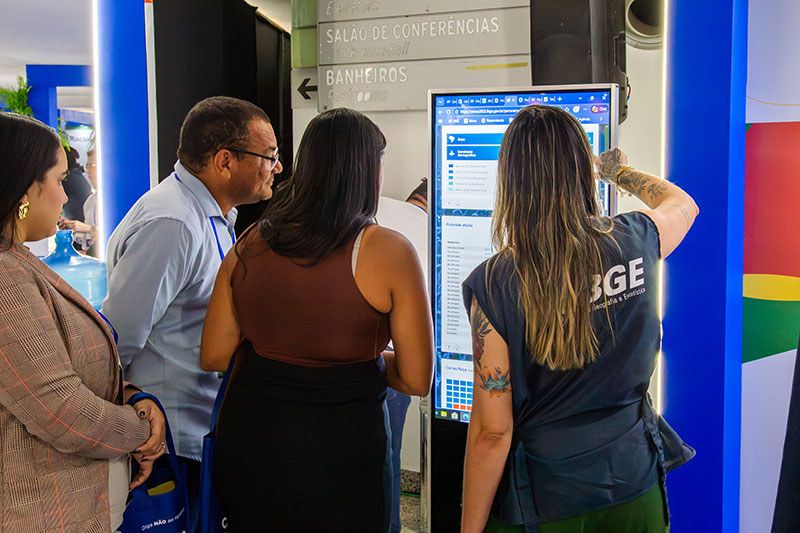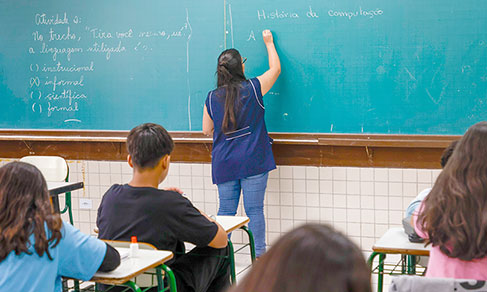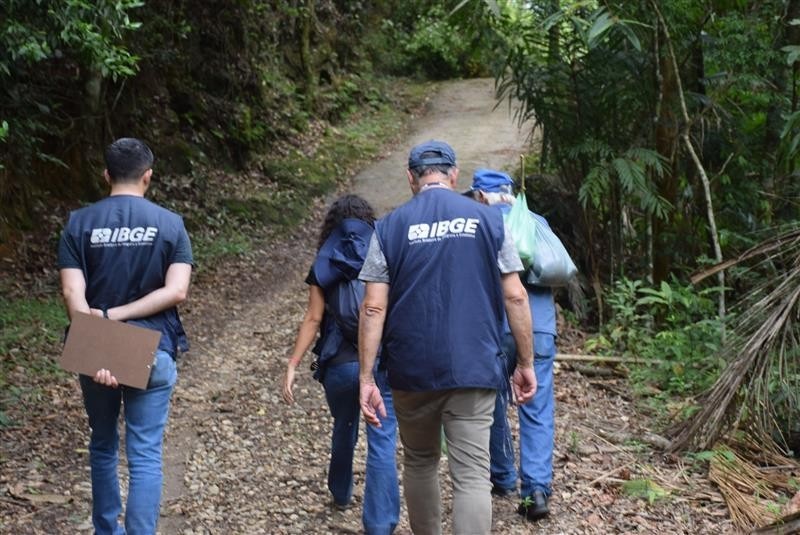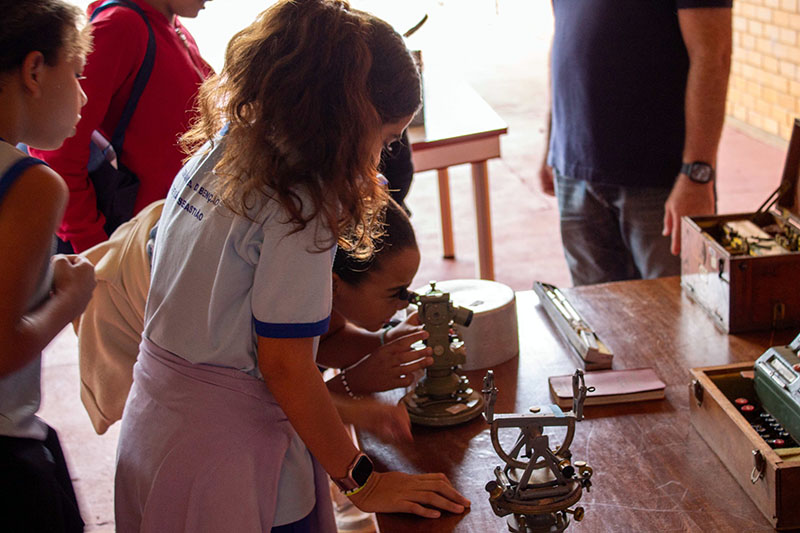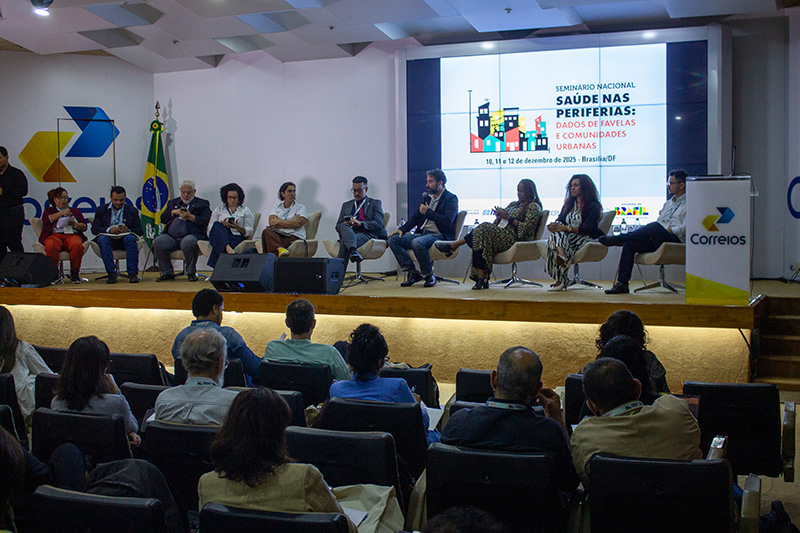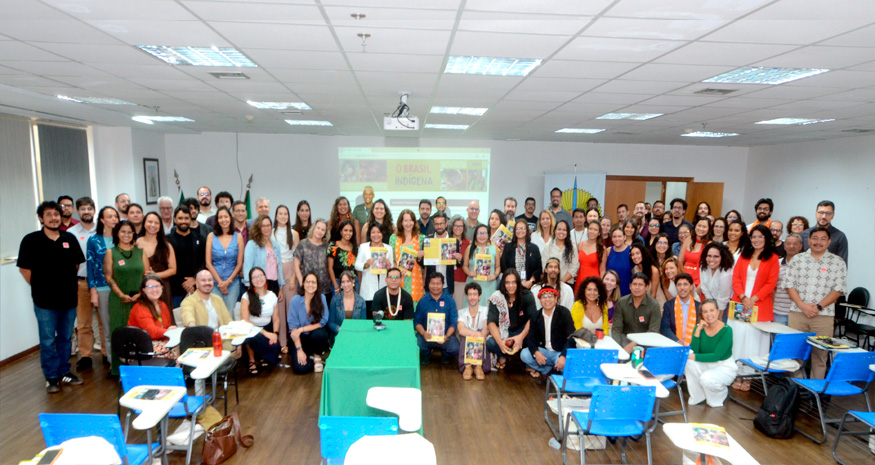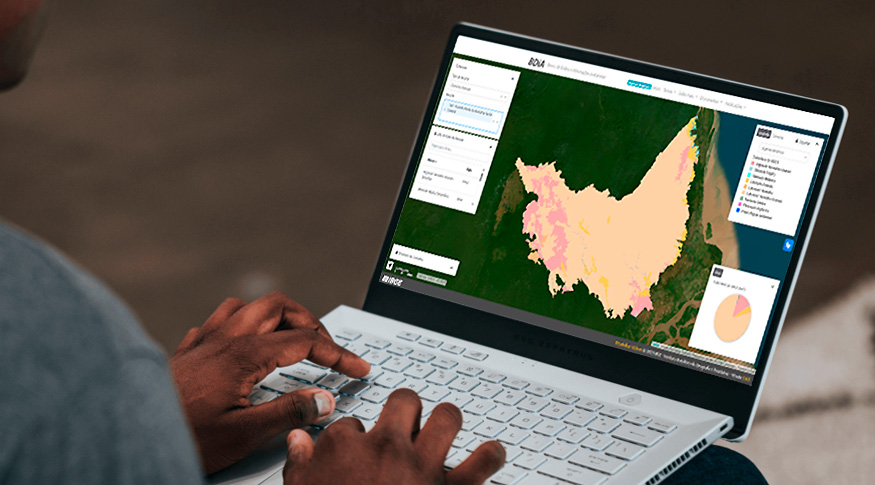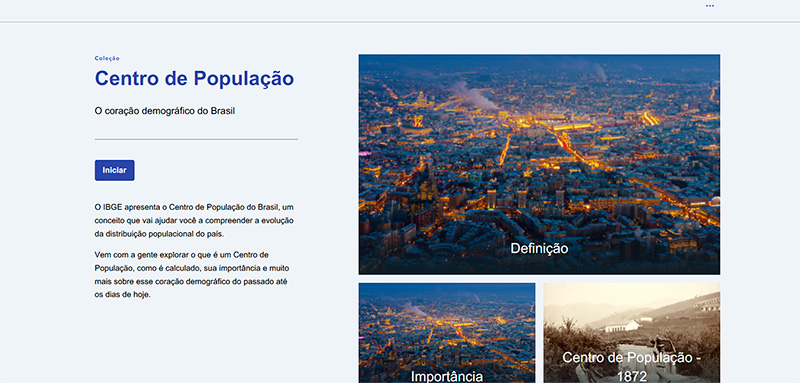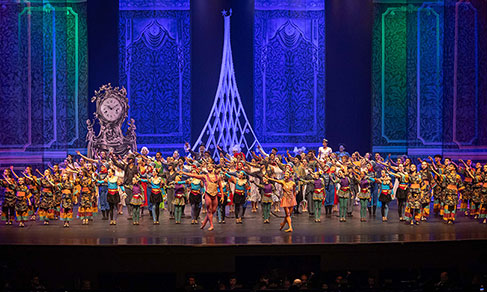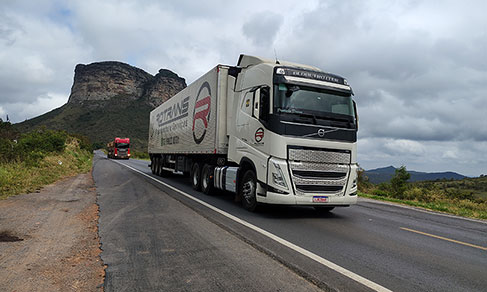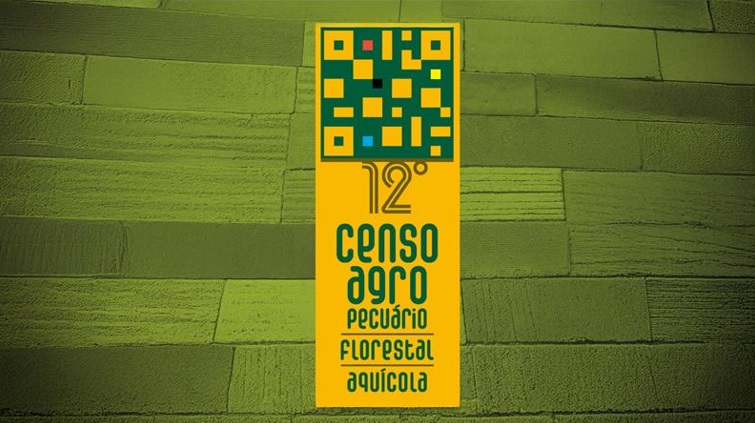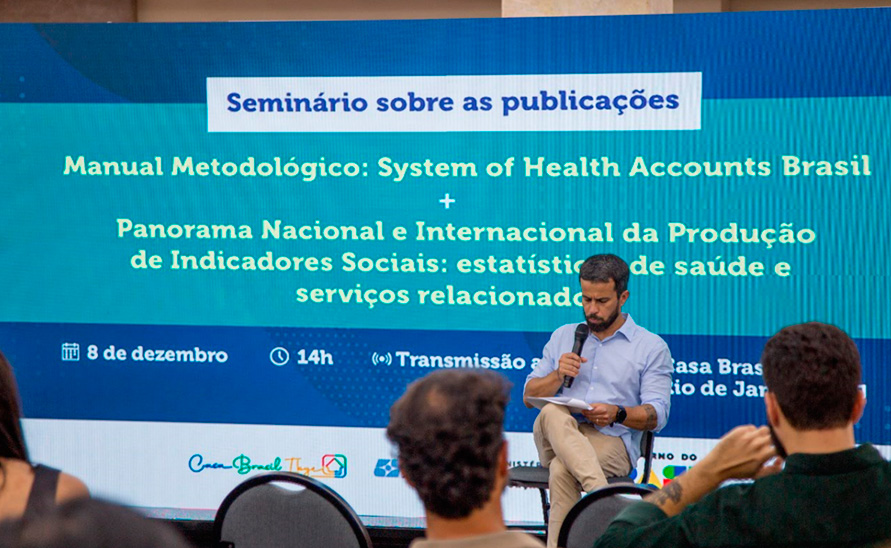Monthly Survey of Trade
Retail sales grow 1.2% in July and reach record level
September 10, 2021 09h00 AM | Last Updated: September 10, 2021 01h15 PM
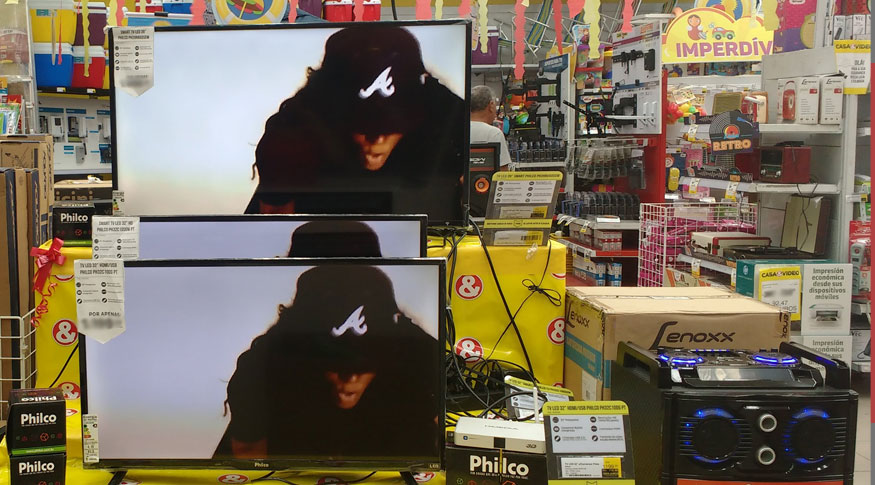
The sales volume of the retail trade in the country grew 1.2% in July, in the comparison with the previous month recording the fourth positive rate in a row. As a result, the sector’s level reached a record in the time series started in 2000. In the year, retail accrues growth of 6.6% and in the last 12 months, it grew 5.9%. These results are from the Monthly Survey of Trade, released today (September 10) by the IBGE.
“Despite the advance, trade’s intrasectoral dynamics is quite diverse. Some activities have not recovered yet from the pandemic losses, which is the case of office equipment and material, which is still 26,7% below the pre-pandemic level, or fuels and lubricants, which is 23.5% below”, analyzes PMC manager, Mr. Cristiano Santos.
Sales volume in retail trade (%)
Among the eight activities surveyed, five had positive rates in July The sharpest high was that of other articles of personal and domestic use (19.1%). “We can see a recovering trend of the activity that ends up offering good deals and increasing its gross resale revenue, a new moment of opening and more relaxation of social distancing measures”, explains Mr. Santos.
Fabric, apparel and footwear (2.8%), office, computer and communication equipment and material (0.6%) also advanced in the period. However, supermarkets, food products, beverages and t tobacco (0.2%) and pharmaceutical and medical goods, cosmetic and toilet articles (0.1%) held steady. On the other hand, the activities which reduced the sales volume were books, newspapers, magazines and stationery (-5.2%), furniture and domestic appliances (-1.4%) and fuels and lubricants (-0.3%).
In the extended retail trade, which includes vehicles, motorcycles, parts and pieces and construction material, the sales volume increased 1.1% in July in relation to June. The increase was driven by the sector of motor vehicles, motorcycles and parts and pieces (0.2%), whereas construction material changed negatively (-2.3%).
Retail grows 5.7% compared to July 2020 and has the fifth positive rate in a row
In the comparison with July 2020, the retail trade grew 5.7%, the fifth positive rate in a row. The result came from fabric, apparel and footwear (42.0%); other personal and household articles (36.8%), fuel and lubricants (6.4%) and pharmaceuticals, medical and orthopedic articles, toiletries and cosmetics (4.8%).
Four sectors also had decrease in the inter-annual indicator: books, newspapers, magazines and stationery (-23.2%), furniture and domestic appliances (-12.0%), office, computer and communication equipment and material (-5.6%) and hypermarkets, supermarkets, food products, beverages and tobacco (-1.8%).
“Due to the intensive drops in the period that marked the beginning of the Covid-19 pandemic in Brazil (from March to June 2020), the retail registered a gain in the inter-annual indicator, especially in the most affected activities, like fabric, apparel and footwear and other articles of personal and domestic use, which resumed positive two-digit rates”, commented Mr. Santos.
Sales of the sector rise in 19 Federation Units
Compared to June, the retail trade had positive changes in 19 of the 27 Federation Units in July, with a highlight to the states of Rondônia (17.5%), Santa Catarina (12.5%) and Paraná (11.1%). In the negative realm, the greatest drops stood with the sates of Minas Gerais (-2.1%), Rio Grande do Norte (-1.5%) and Amazonas (-1.5%).
Conversely, in the extended retail trade, the positive change in July was widespread through 15 Federation Units, especially in Santa Catarina (6.7%), Paraná (6.2%) and Mato Grosso do Sul (5.3%). Among the drops, with negative influence, the highlights are Maranhão (-2.6%), Rio Grande do Norte (-2.2%) and Sergipe (-2.2%).
More about the survey
The PMC produces indicators to follow up the short-term behavior of the retail trade in Brazil, investigating the gross revenue in formal enterprises with 20 or more employed persons and whose major activity is retail trade.
Started in 1995, the PMC brings monthly results of changes in sales volume and nominal revenue for the retail trade and extended retail trade (cars and construction material) for Brazil and Federation Units. The data collection technique includes the pre-filled electronic questionnaire (CASI) and personal interview with paper questionnaire (PAPI). The results can be accessed on Sidra.



